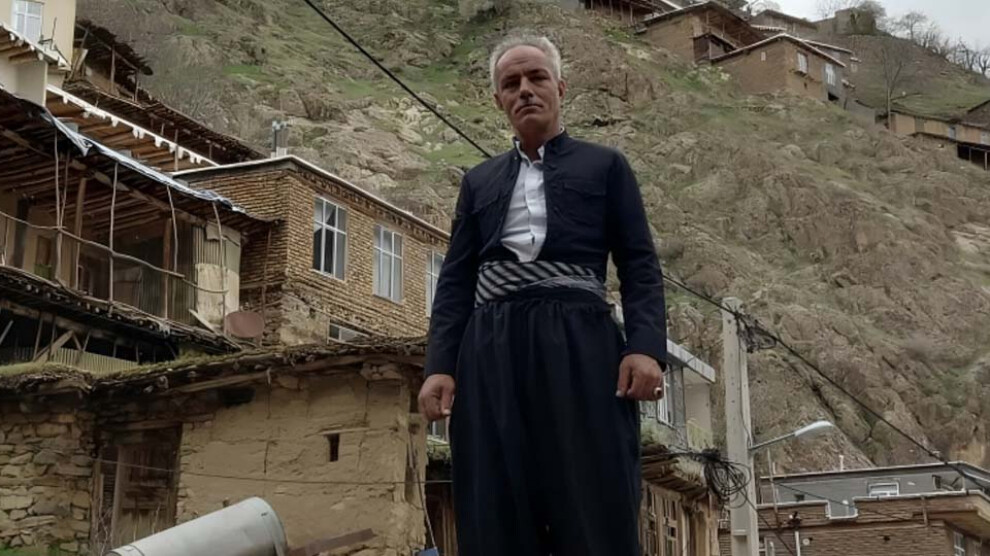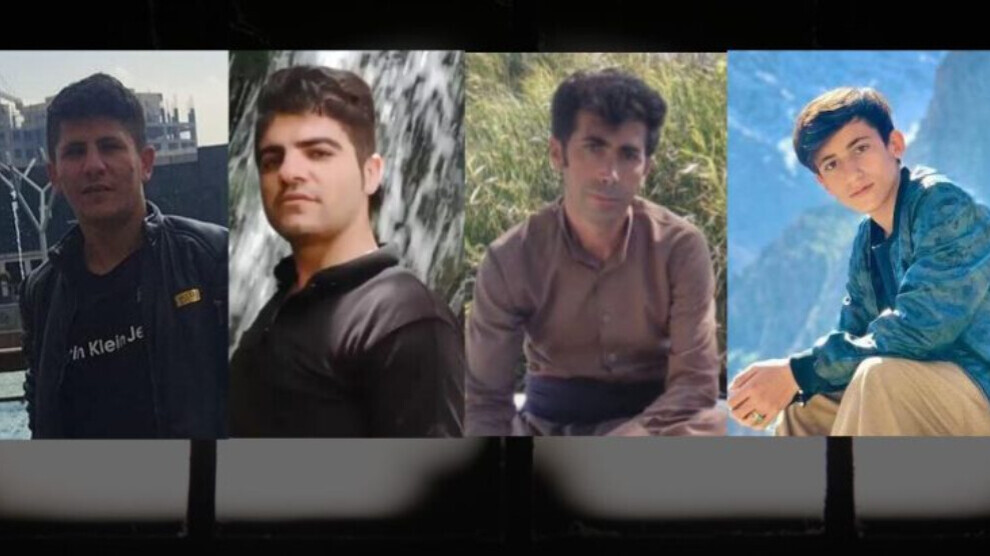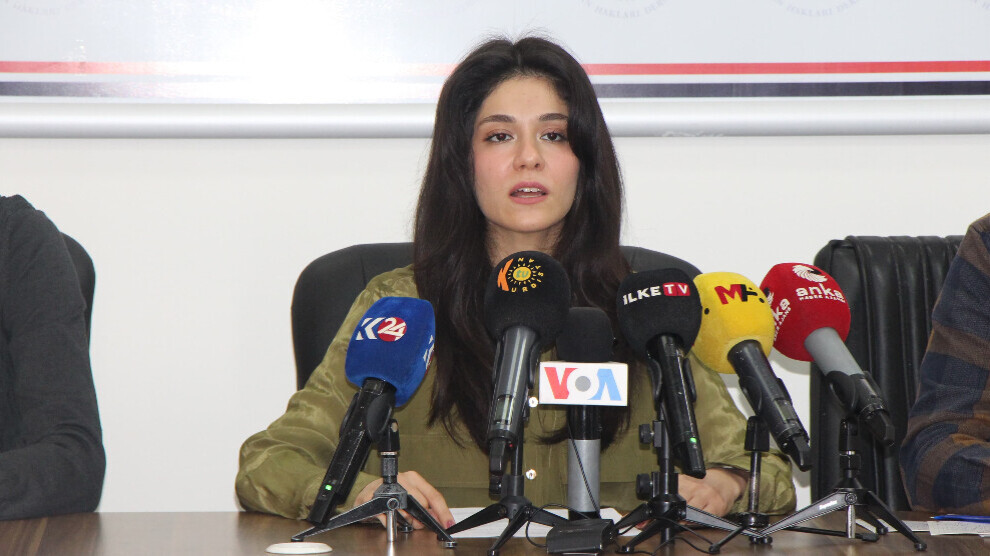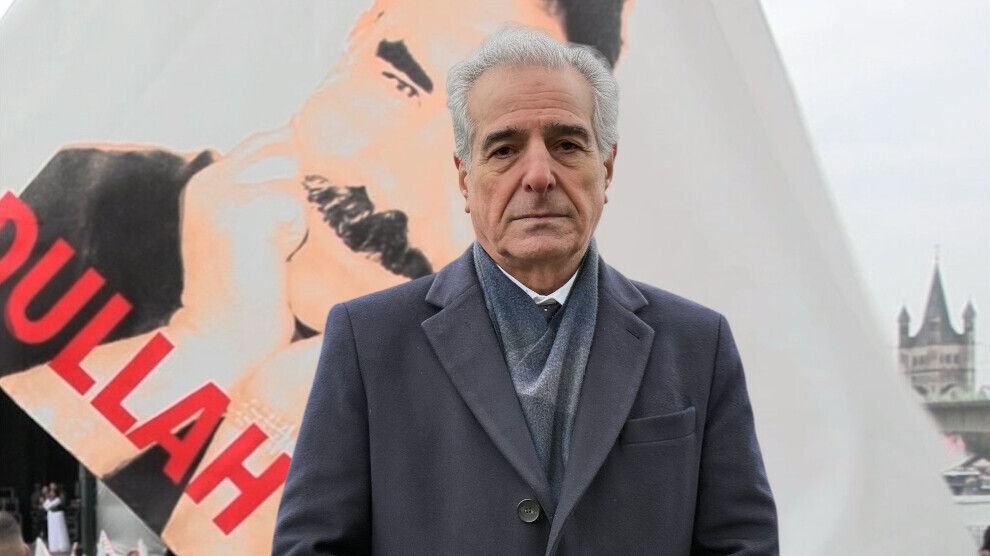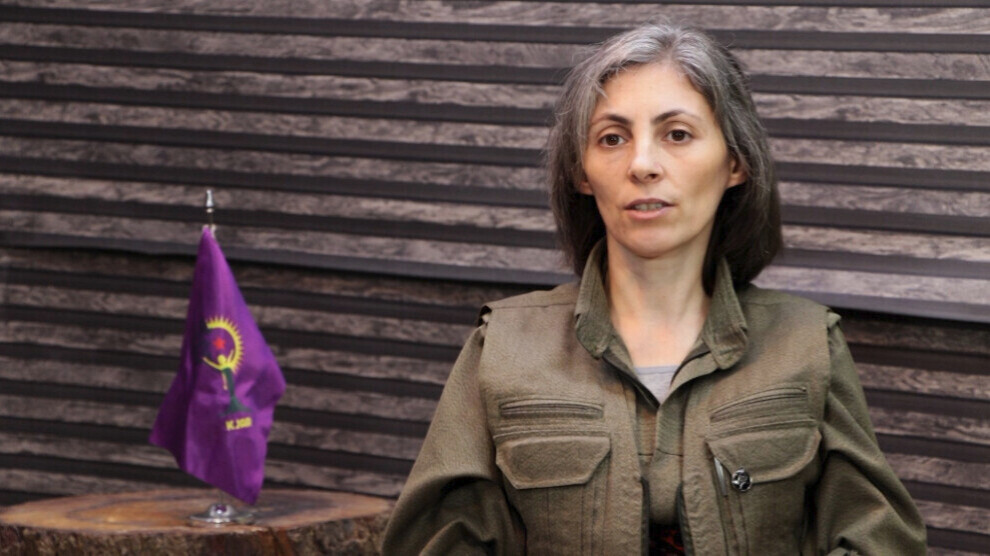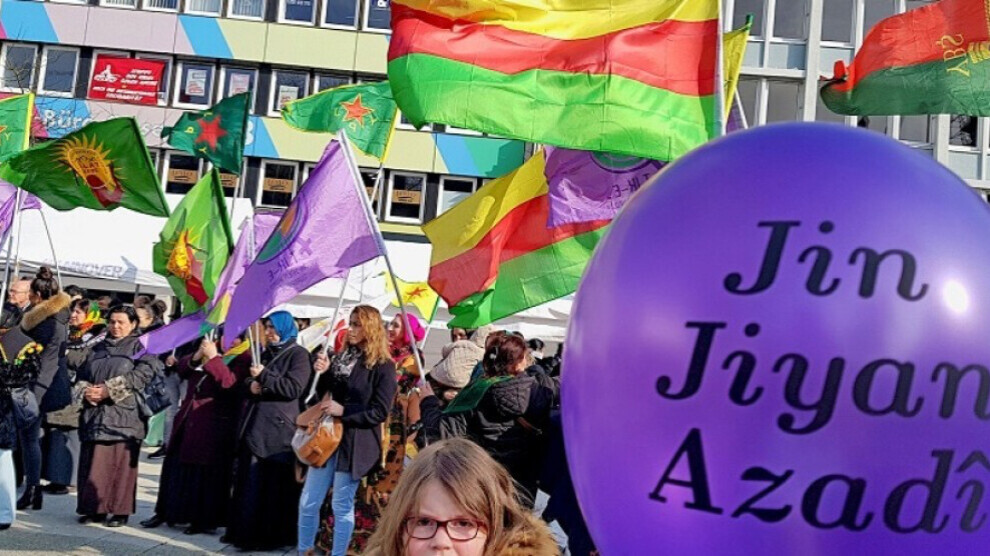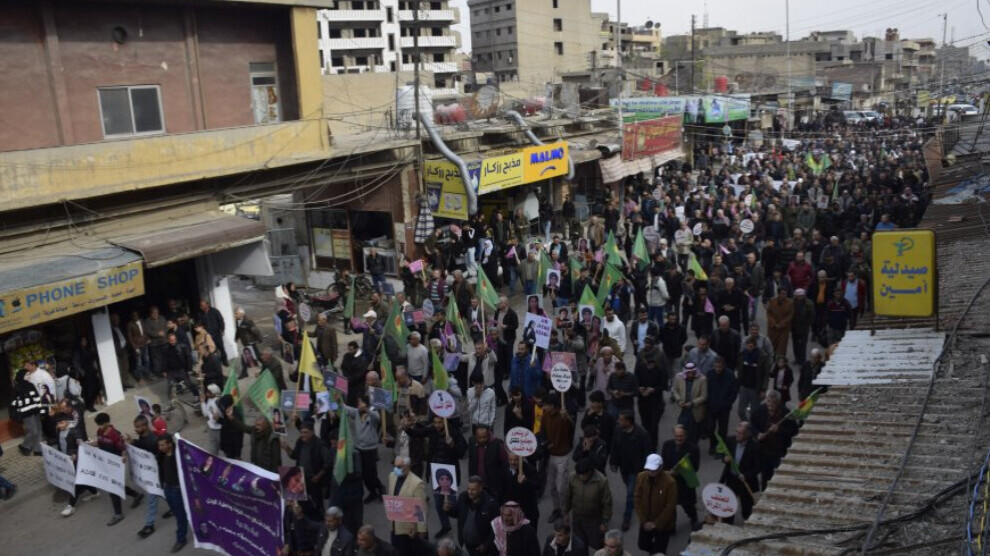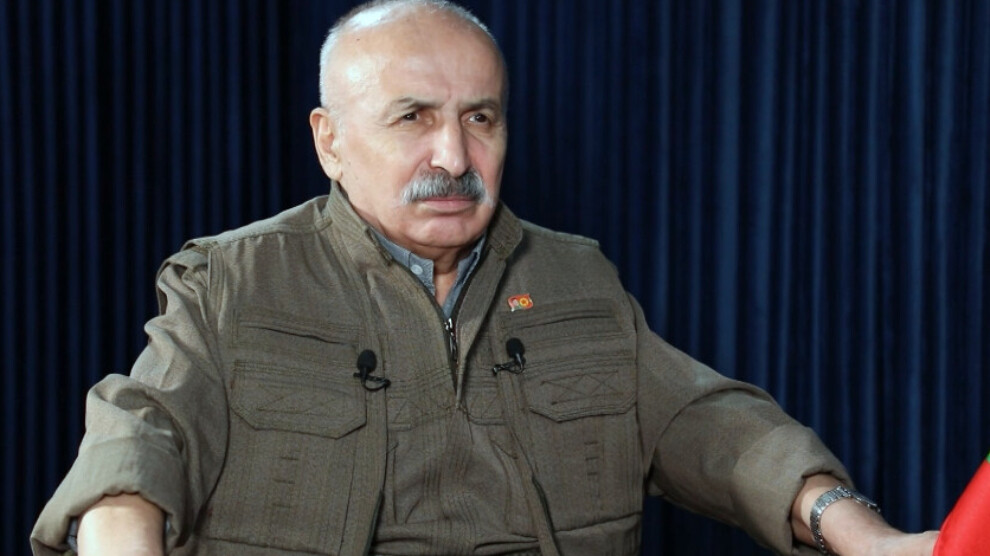“F**k you,” Brazilian First Lady tells Elon Musk


Brazil’s first lady has sworn at billionaire Elon Musk at an event on tackling misinformation on social media, ahead of the G20 summit in Rio de Janeiro.
Janja Lula da Silva, whose husband is President Luiz Inácio Lula da Silva, was talking about the need to combat fake news and regulate social media networks when she made the remarks about the Tesla CEO.
Musk has come in for criticism after taking over X, formerly Twitter, and allowing fake news and extremist content to go unchecked. He is also a close ally of Trump and was recently rewarded for his loyalty by being appointed to co-lead the new department of government efficiency to cut out ‘waste’.
While advocating for tougher social media regulation on a panel about disinformation, Janja Lula da Silva appeared to be startled by a loud noise, joking, “I think it’s Elon Musk.”
She then said she wasn’t afraid of him and added: “F*** you, Elon Musk.”
Musk has had a strained relationship with Brazil’s left-wing government.
Earlier this year, Brazil’s Supreme Court ordered a nationwide ban on X, after it failed to name a legal representative in the country and suspend accounts for allegedly spreading misinformation.
Basit Mahmood is editor of Left Foot Forward
Lula’s Toughest Battle
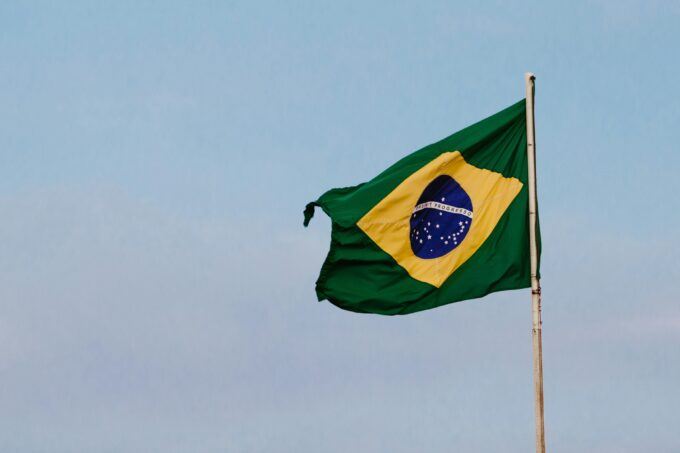
Lawfare is a relatively new term. In essence, it is the weaponization of bourgeois law, usually by the right wing. Various US supporters of Donald Trump would argue that his prosecutions also fall under this mantle, despite the fact that he has skated out of almost every attempt to prosecute him so far. However, this essay is not about Donald Trump. God knows there are enough of them on that subject.
In Latin America, lawfare has been mostly used to try and eliminate leftist opponents who operate within the confines of bourgeois law. Probably the best known use of this tactic is when Brazil’s far right government of Jair Bolsonaro employed it against Brazil’s former president Lula. A brief description of these attempts goes like this. Various elements of the mainstream media in Brazil published stories that suggested Lula had laundered money and illegally owned property. These charges were then brought to the legislature by opponents of the Left, who then employed an ambitious right-wing prosecutor to fabricate charges of corruption. Although the charges were somewhat fantastical, the right wing media were able to convince the public via what we now call fake news that there was genuine substance to the charges. In July 2017, Lula was convicted on charges of money laundering and corruption in a trial that could best be described as questionable. He spent 580 days in prison. He was released in 2019, and his conviction was nullified in 2021 by the Supreme Court. The same ruling also annulled all other pending cases against him. He fought the charges hard. His supporters backed him in the streets and in the courts.
A book titled Lula: A Biography was recently translated into English and published in 2024.
Written by journalist Fernando Morais and originally intended to be a history of Lula’s first presidency, it became a history of the ultimately fraudulent legal attack on Lula that put him in prison. In fact, the book opens with a riveting description of Lula’s arrest. Subsequent chapters discuss the lead-up to the arrest before Morais turns the reader’s attention to Lula’s childhood, eventual involvement in the union movement, and his rise to the presidency of Brazil. Morais’ approach is one that reads like a true crime story. Politics and power and the multitude of scenarios that combination can create populate the text. One is in Lula’s prison cell while he ruminates and plots his release with lawyers, advisers and friends. The excitement of a union hall filled with workers determined to prevent Lula’s arrest should he ask them to do so jumps from the page. As a former local union president, I was reminded of those moments when the membership truly realizes their power and stand poised to act should the situation require it. Likewise, I could feel the tension between the lines of battle-ready police as they faced an equally battle-ready crowd of protesters. The descriptions of these moments are contrasted with tales of family hardship and lamented love that evoke equal amounts of the emotions appropriate to those circumstances.
Still, this is a story, a history, of politics. Working class politics in an economy where exploitation and super-exploitation were the norm; where the state was rarely democratic and its laws were enforced by a code that emphasized subordination and enforced class division in favor of the ruling elites. In short, a capitalist dream and a worker’s nightmare. Once Lula had worked for a few years and began to understand why unions were not only useful but necessary to a life even slightly beyond mere survival, he dedicated himself to the union movement, defending workers’ existing rights and constantly fighting for less inequality and more working class power. Indeed, it was when he realized that the composition of Brazil’s national legislature was close to one hundred percent from the ruling class, that he decided to enter the electoral arena.
It’s never an easy task to get elected in a system designed to keep the class one represents out of power. As most readers probably understand, it is this design that informs every legislature in the capitalist world, with that in the United States being the most restrictive in that regard. When Lula first ran and the military and the capitalist class ran Brazil, the US Congress was arguably still less representative when it came to the working class of the United States; it’s even less representative of the US working class now. Lula was not successful his first run, but eventually garnered enough respect and popularity that he was elected president as a candidate of Brazil’s Workers Party—a party he helped found.
Like I mentioned previously, the author Morais has written his biography of Lula in a tight, suspenseful manner, keeping the reader riveted to the story unfolding with each page. In one moment the reader finds themselves in a massive protest, police pushing against the crowd anticipating an outburst from the disciplined crowd. In another section, one is locked in with Lula in his cell after his arrest in what was a vain attempt by the government to end a massive strike. There are vignettes of Lula’s family life—as a poor youth trying to scrape a living for his family and maybe occasionally attend school. We are brought into political debates within the union membership and its leaders. Lula and his faction work hard to keep the demands of the membership front and center as different political factions push for their own agendas. Usually, Lula and his associates succeed in keeping the union focused on worker demands. In turn, the union membership grows. A true sense of workers’ power begins to take shape. Despair is replaced by hope and actual progress in terms of salaries and working conditions. The next step is to change social conditions; to make the needs and hopes of the workers and other oppressed sections of the Brazilian economy the law of the land. Of course, the reaction from the propertied and monied class is relentless and angry. Gathering their forces, they enlist their own politicians, law enforcement, the military and the pressure of foreign interlopers from the Global North. The battle is joined. Ultimately, Lula is arrested and convicted on contrived charges. This is where the book reviewed here begins.

